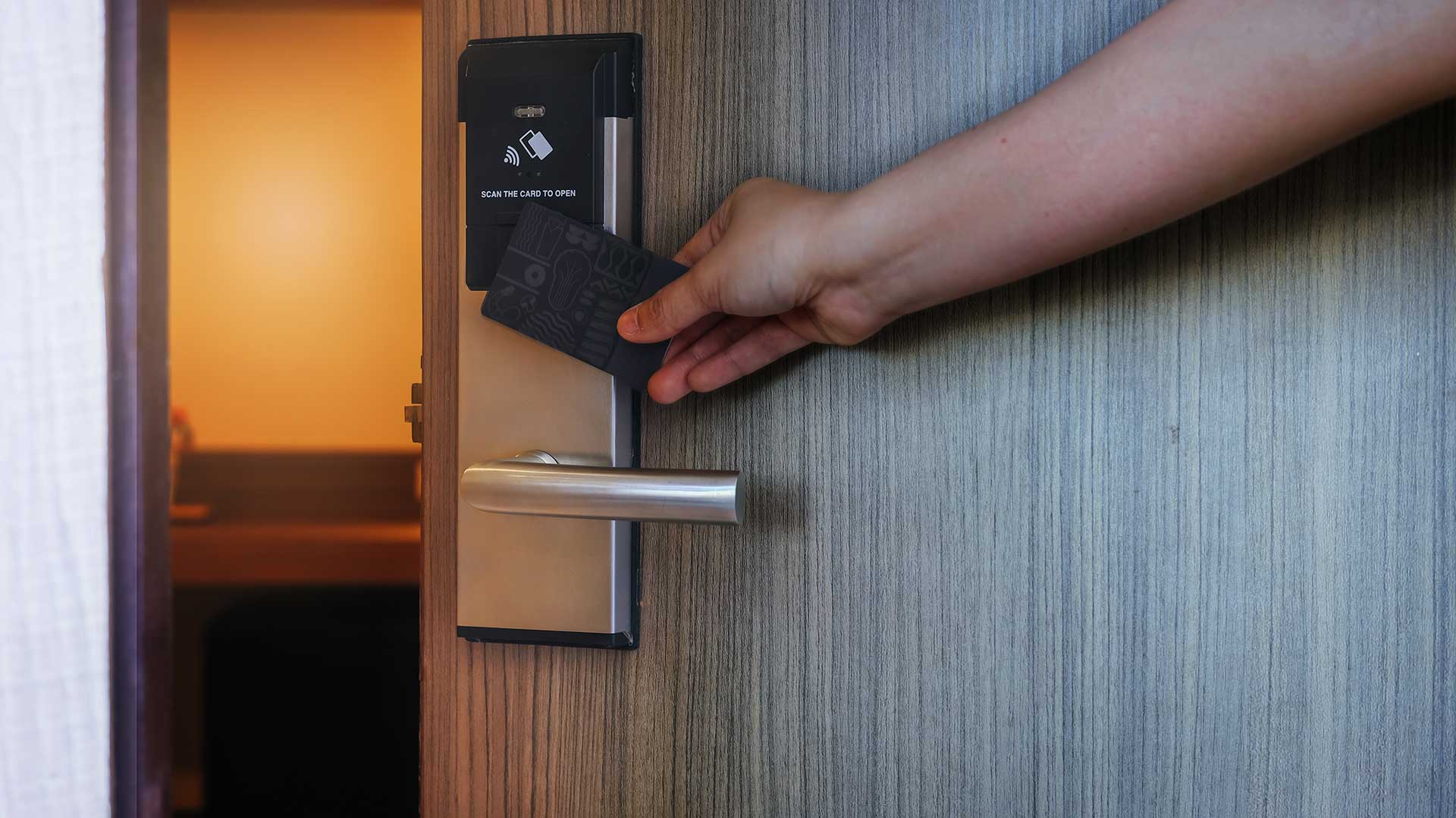Security and Guest Safety in Hospitality
In the dynamic world of hospitality, ensuring the safety and security of guests is paramount. From luxury resorts to boutique hotels, establishments across the industry prioritize measures to create a secure environment for their guests. In this blog post, we'll explore the importance of security and guest safety in hospitality, highlighting key strategies and best practices that hotels implement to safeguard their guests' well-being.
The Significance of Security in Hospitality
In the hospitality sector, guest safety and security are non-negotiable aspects of the guest experience. Hotels serve as temporary homes for travelers, providing shelter, comfort, and relaxation. As such, guests expect a safe and secure environment where they can unwind without worry.
One of the primary responsibilities of hotel management is to mitigate risks and ensure the safety of guests, staff, and property. This involves implementing comprehensive security protocols, training staff in emergency procedures, and maintaining vigilance to identify and address potential threats.
Key Strategies for Enhancing Security and Guest Safety
- Robust Access Control Systems: Hotels employ access control measures such as key cards, biometric scanners, and security personnel to regulate entry and exit points, ensuring that only authorized individuals have access to guest rooms and facilities.
- Surveillance and Monitoring: Closed-circuit television (CCTV) cameras are strategically placed throughout the property to monitor public areas, corridors, entrances, and parking lots. Surveillance systems provide real-time monitoring and recording capabilities, enabling staff to promptly respond to security incidents.
- Emergency Preparedness Plans: Hotels develop comprehensive emergency preparedness plans that outline protocols for responding to various scenarios, including fires, natural disasters, medical emergencies, and security breaches. Staff are trained regularly on emergency procedures to ensure swift and effective responses in crises.
- Guest Screening and Verification: To enhance security, hotels may implement guest screening measures during the check-in process, such as verifying identification and scanning luggage for prohibited items. This helps prevent unauthorized individuals from gaining access to the property and ensures the safety of all guests.
- Collaboration with Law Enforcement: Hotels maintain close partnerships with local law enforcement agencies to exchange information, coordinate security efforts, and respond to security threats effectively. This collaboration enhances the hotel's ability to address security concerns and maintain a safe environment for guests and staff.
- Continual Evaluation and Improvement: Security measures are regularly evaluated and updated to adapt to evolving threats and vulnerabilities. Hotels conduct risk assessments, security audits, and staff training exercises to identify areas for improvement and implement proactive security measures.
Examples of Security Measures in Hospitality
- Integrated Security Systems: Leading hotels invest in integrated security systems that combine access control, video surveillance, intrusion detection, and alarm systems to provide comprehensive protection.
- Dedicated Security Personnel: Many hotels employ dedicated security personnel, including uniformed guards and plainclothes officers, to patrol the premises, monitor surveillance feeds, and respond to security incidents promptly.
- Emergency Response Teams: Hotels establish emergency response teams comprising trained staff members who are responsible for managing emergencies, evacuating guests, and coordinating with external agencies as needed.
- Technology Innovations: With advancements in technology, hotels are leveraging innovative solutions such as facial recognition software, smart locks, and artificial intelligence (AI) algorithms to enhance security and streamline operations.
Prioritizing Security and Guest Safety
In the hospitality industry, security and guest safety are fundamental aspects of delivering exceptional service and building trust with guests. By implementing robust security measures, training staff effectively, and fostering collaboration with external stakeholders, hotels can create a safe and secure environment where guests can relax and enjoy their stay with peace of mind.
As the hospitality landscape continues to evolve, hotels must remain vigilant and proactive in addressing emerging security challenges to uphold their commitment to guest safety and well-being. By making security a top priority and investing in the latest technologies and best practices, hotels can enhance their reputation, earn guest loyalty, and create memorable experiences that keep guests coming back for more.

